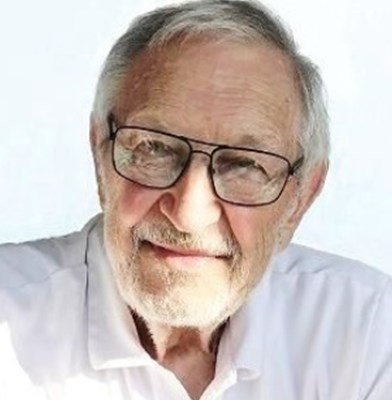
Author:
Tombe, Frederick David
Category:
Research Papers
Sub-Category:
Mechanics / Electrodynamics
Date Published:
February 20, 2023
Keywords:
magnetic repulsion, vortices, electron-positron aether, centrifugal force, Ampère’s Circuital Law, Biot-Savart Law, Maxwell's Equations, rotating dipoles, Weber, Kirchhoff, Kohlrausch, speed of light,
Abstract:
In the year 1855, German physicists Wilhelm Weber and Rudolf Kohlrausch performed an experiment involving the discharge of a Leyden jar, from which they established the ratio between electrostatic and electrodynamic units of charge. This ratio became known as Weber’s constant and it is numerically equal to c√2, where c is very close to the speed of light. In 1857, another German physicist, Gustav Kirchhoff, used Weber’s constant to conclude that electric signals travel along a wire at the speed of light. A few years later in 1861, Scottish physicist James Clerk Maxwell was working on the physical medium responsible for magnetic lines of force and he established a linkage between its transverse elasticity and Weber’s constant. On converting electrodynamic units to electromagnetic units, Maxwell exposed the speed of light directly and he connected it to the transverse elasticity of the luminiferous medium. This paper sets out to establish the fundamental origins of the speed of light.
Comments
Steve Olah(Laguna Woods, United States):
Why are there two entries for the same paper, updated every day?
Posted: October 11, 2022 @ 11:39:11 pm
<<< Back





